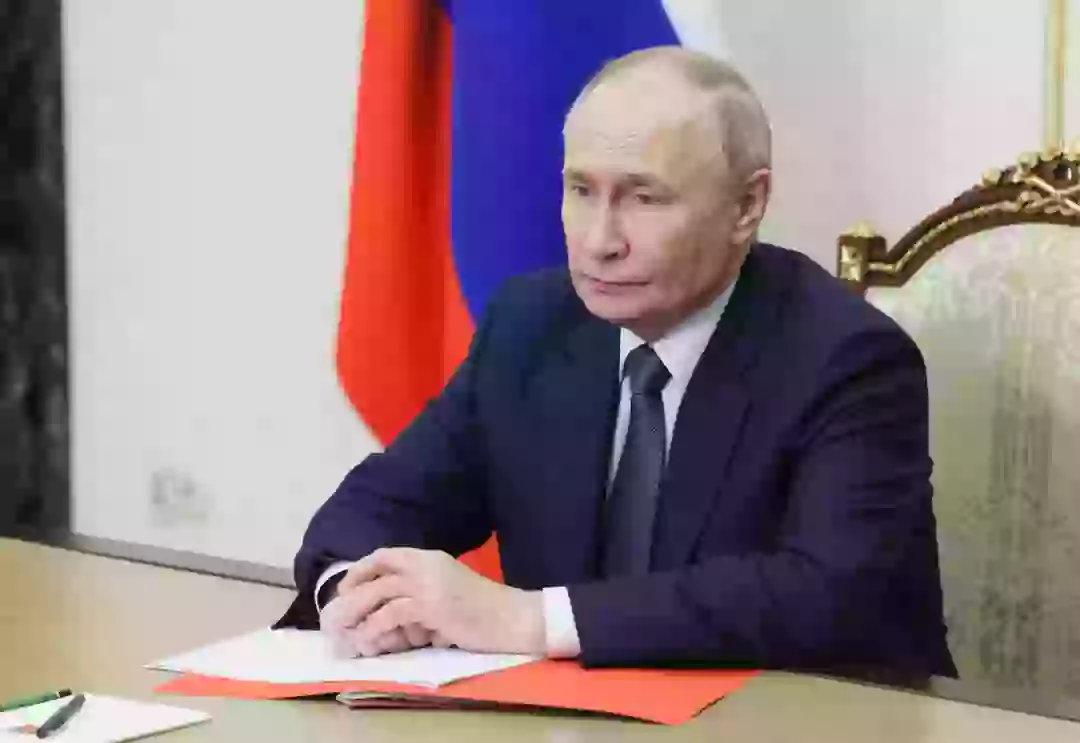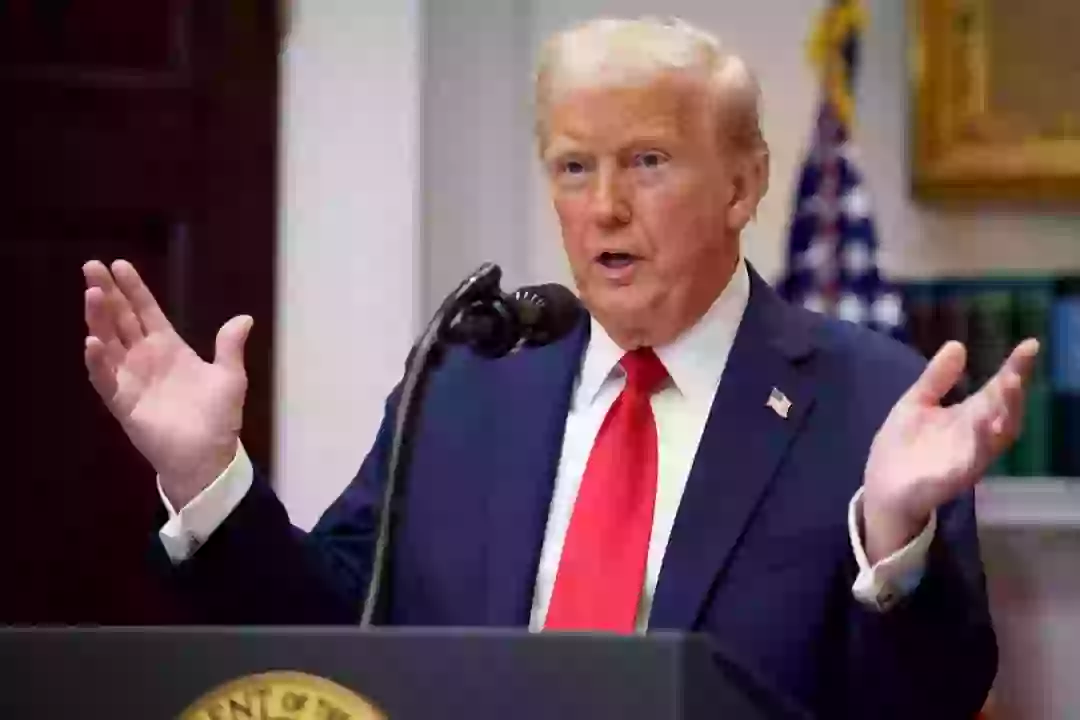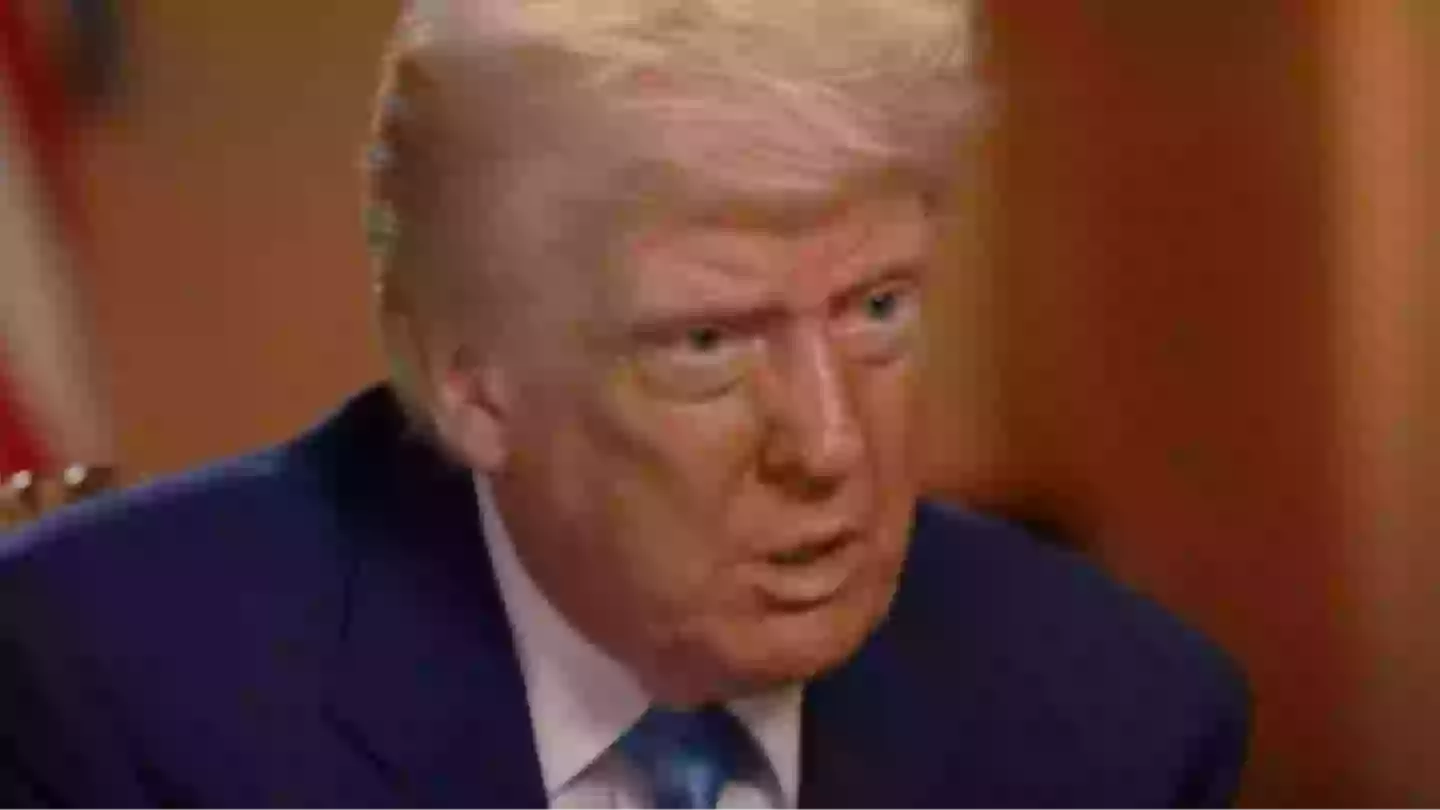During a recent interview with Fox News chief political anchor Bret Baier in Abu Dhabi, the 78-year-old Republican president made statements regarding his financial dealings that have prompted significant public discussion and analysis.
The conversation initially centered on diplomatic tensions with Russia, particularly concerning the ongoing Eastern European conflict. Baier noted that Russian President Vladimir Putin has appeared unresponsive to the American leader’s public statements, including an April 24 message urging Putin to cease bombing Ukraine after an airstrike on a residential area resulted in at least nine fatalities and approximately 70 injuries.

“I haven’t seen you get personal – on True Social you said, ‘Vladimir stop’, he hasn’t stopped. And you had once said that maybe you need to look at other things like sanctions or banking, because maybe they need to be pressured in a different way,” Baier observed during the interview.
The anchor referenced a May 8 statement in which the president had threatened “further sanctions” should Putin reject ceasefire proposals. In that message, the president had written: “Talks with Russia/Ukraine continue. The U.S. calls for, ideally, a 30-day unconditional ceasefire. Hopefully, an acceptable ceasefire will be observed, and both Countries will be held accountable for respecting the sanctity of these direct negotiations. If the ceasefire is not respected, the U.S. and its partners will impose further sanctions. Thousands of young soldiers are dying on a weekly basis, and everybody should want it to STOP. I do, and the United States of America does, also.”
Despite these overtures, Putin declined the ceasefire proposition and instead suggested talks be held in Turkey. While the American president initially supported this alternative venue, he subsequently did not attend, citing that he “would not have wanted to disappoint UAE” by canceling his planned visit. Russian officials attended the Turkey meeting rather than Putin himself.
Addressing Baier’s questions about this diplomatic sequence, the president responded: “I don’t want to see 5,000 people [die each week in the war]. Outside of the money, which is a big deal, but the money is the money – the money we can make up. I can make up the money on one trip like this, OK? I mean, think of it. This trip, I made 12 times the money that we’re talking about. I made that money in a few days. I’ve always been good with money.”

When Baier attempted to redirect the conversation to diplomatic strategy, noting “It’s not about the money, it’s about pressuring Putin, right?” the president continued his financial focus: “I know, but I’ve always been good with money – I make money. I made in four days, I made 12 times what we spent in Ukraine. So the money is the money.”
This exchange has prompted analysis of the specific financial figures involved. According to the U.S. Department of State, American support to Ukraine since the February 2022 Russian invasion totals approximately $182.8 billion. The Kiel Institute, a German non-profit organization tracking international aid to Ukraine, estimates a lower figure of $119.7 billion. The president himself has previously claimed the amount reaches $350 billion, though without providing supporting documentation.
These disparate figures have led to questions about the president’s assertion of generating “12 times” the Ukraine expenditure during his Middle Eastern visit, which would mathematically represent between $1.4 trillion and $4.2 trillion in four days.
Social media commentators have offered various interpretations of these statements. Some suggest the president may have inadvertently revealed information about private financial arrangements, while others believe he conflated government expenditures with potential foreign investments. Critics argue the financial discussion served primarily as a deflection from substantive foreign policy questions regarding Russia-Ukraine relations.
The statements continue to draw scrutiny as analysts attempt to reconcile the president’s financial claims with the realities of international diplomacy and economic relations.

